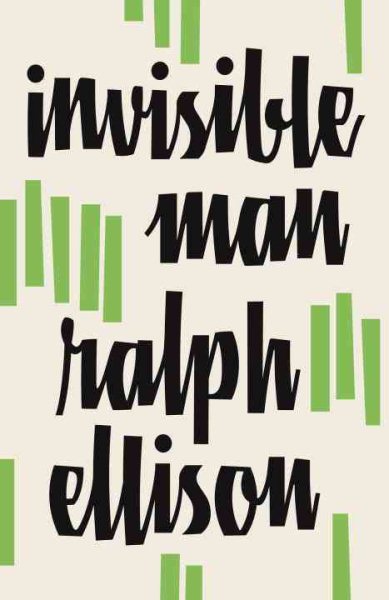BOOKS
Curator Reviews
David Copperfield
Ralph Ellison's classic about race, racism, cruelty, hypocrisy, and the need for the truth is more relevant now than ever.
View David Copperfield's Top 10 Favorite BooksWilliam Finnegan
Invisible Man has become something of an invisible book. It’s an American masterpiece and a pure, if searing, joy to read. Published in 1952, it dramatizes the doubleness of black life in America in a raucous, outrageous saga, as its unnamed narrator makes the Great Migration north to New York. “I am invisible, understand, simply because people refuse to see me.” Its brilliance is distinctly midcentury, though, and Ellison, once a Marxist firebrand, became an arch elitist, doing his book no favors with his disdain for popular struggles around race and inequality. But the vitality of Invisible Man is undiminished, and its most caustic insights into American life still painfully relevant.
View William Finnegan's Top 10 Favorite BooksSamantha Power
“I am an invisible man,” Ellison writes, “When they approach me, they see only my surroundings, themselves, or figments of their imagination—indeed, everything and anything except me.” As a Black man in America, Ellison’s narrator grapples not only with racism and exclusion, but ubiquitous moral blindness about the enduring legacies of slavery, racial violence, and bigotry.
View Samantha Power's Top 10 Favorite Books


